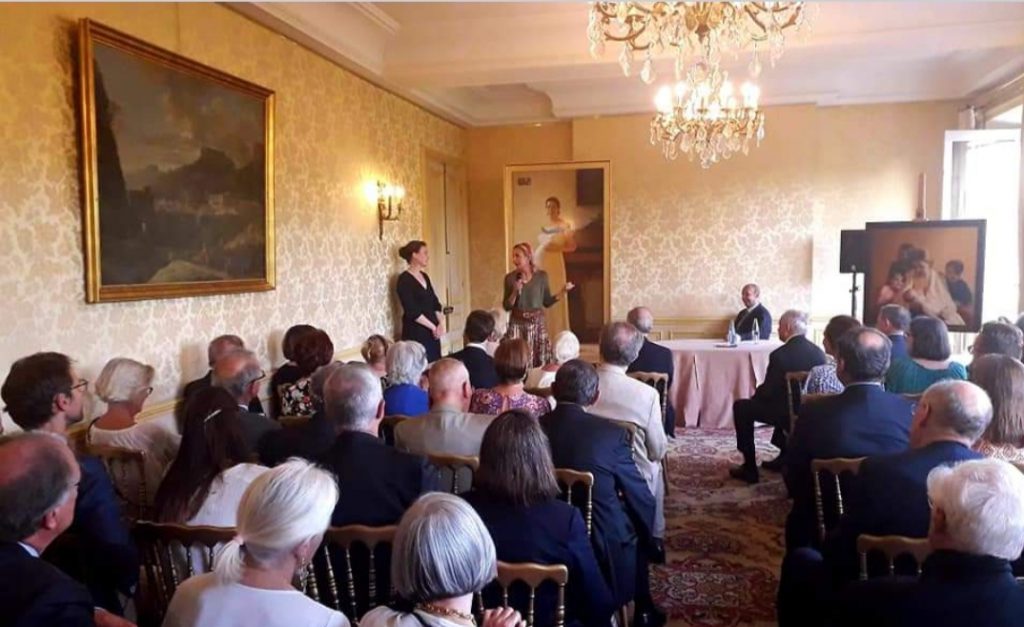Canceled flights –
The strike, which will also involve
workers of airport service companies
di handling e i
ENAV workers
, will last four hours, from 2pm to 6pm. Therefore, flights in the 7-10 and 18-21 hours slots remain guaranteed. The agitation was launched by Filt Cgil and Uiltrasporti to protest against the lack of concrete initiatives in the direction of improving
working conditions
and wage adjustments.
What trade unions ask for –
“Despite the reduction of strike hours from 24 to 4 imposed by the Strike Guarantee Commission, pilots and flight attendants of these companies will continue, in compliance with the rules, this
new protest action
given the persistence of the unacceptable conditions in which they are forced to work “, declared Uiltrasporti and Filt-Cgil. The private security and security services staff also demonstrate. The goal is to solicit
the release of negotiations for the renewal of the national employment contract
applied to over 100 thousand workers in the sector, which has expired for seven years.
The controversy –
Among the categories adhering to the agitation there are also
ENAV flight controllers
, which could suspend their activities in various Italian airports, even in strategic cities, such as Milan. In case of their eventual stop it could be triggered
the injunction
. The hypothesis started from the Minister of Tourism
Massimo Garavaglia
has in a letter asked the Guarantor of strikes, Francesco Santoro Passarelli, to “adopt any initiative he deems appropriate, in order to
avoid inconvenience to a sector in recovery
. Including the injunction of the category “. According to the minister, an agitation of the air traffic control operators” risks
block the economic sector
more dynamic which is largely driving the growth of the country. Blocking air transport means blocking the country and damages the rights of travelers and businesses “.
Injury risk –
To recognize it is the law n.146 of 1990, on the basis of which
the injunction
may be triggered if “there is a well-founded danger of serious and imminent prejudice to the constitutionally protected rights of the person that could be caused by the interruption or alteration of the functioning of the public services referred to in Article 1, resulting from the exercise of the strike or collective abstention by self-employed workers, professionals and small entrepreneurs “.
–


